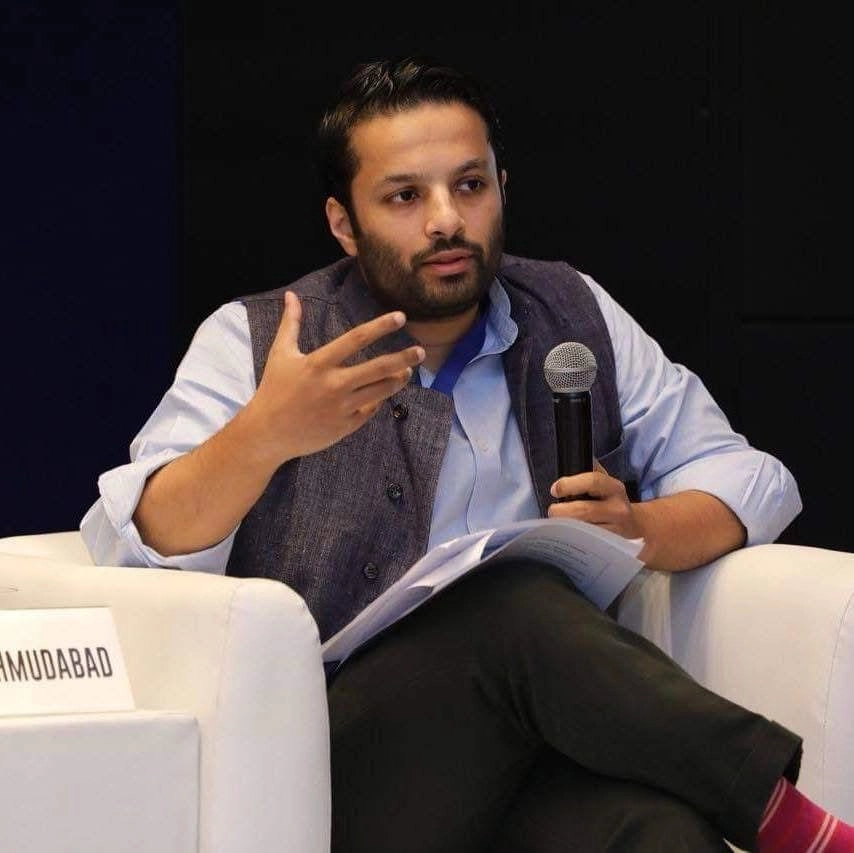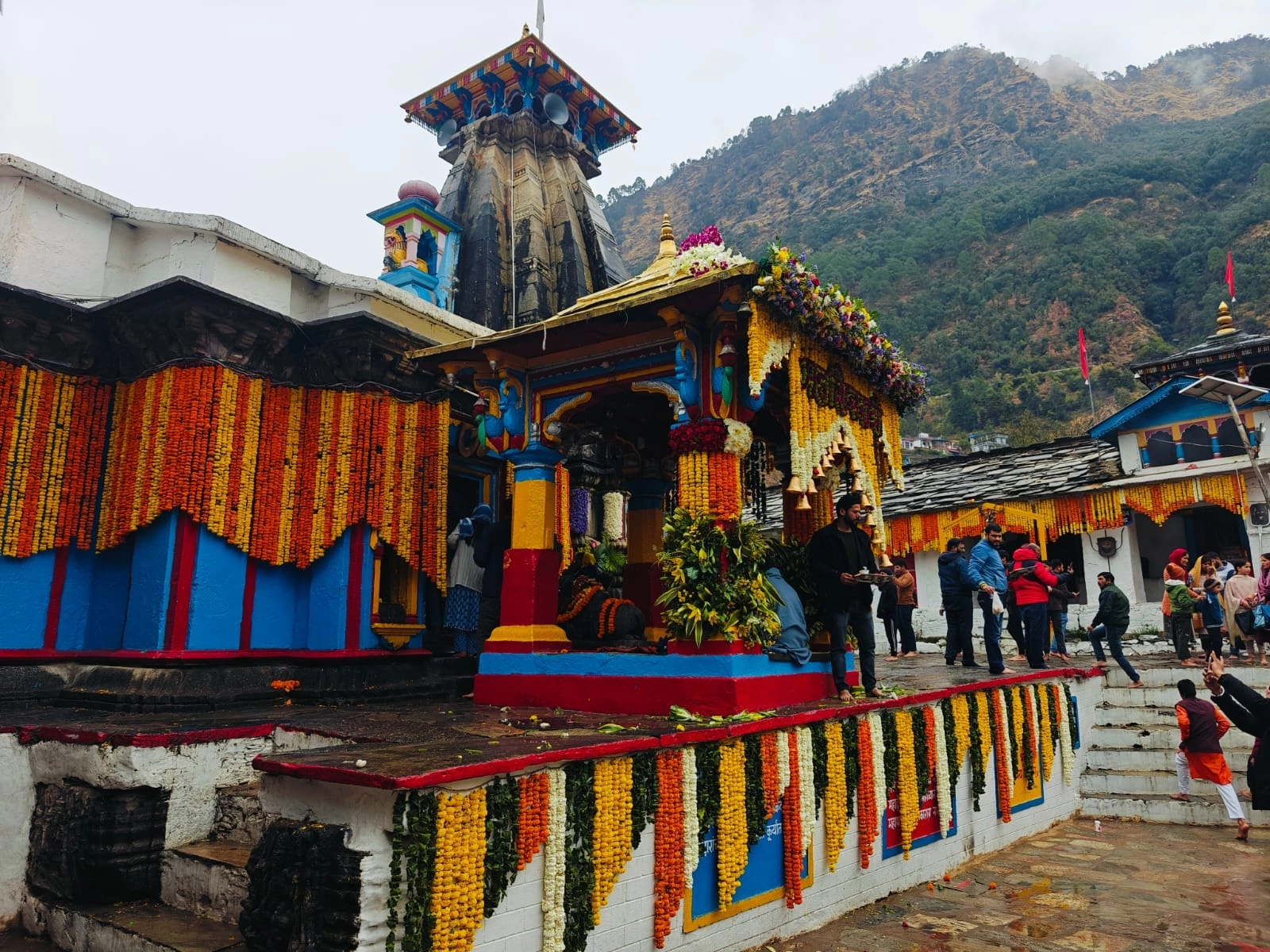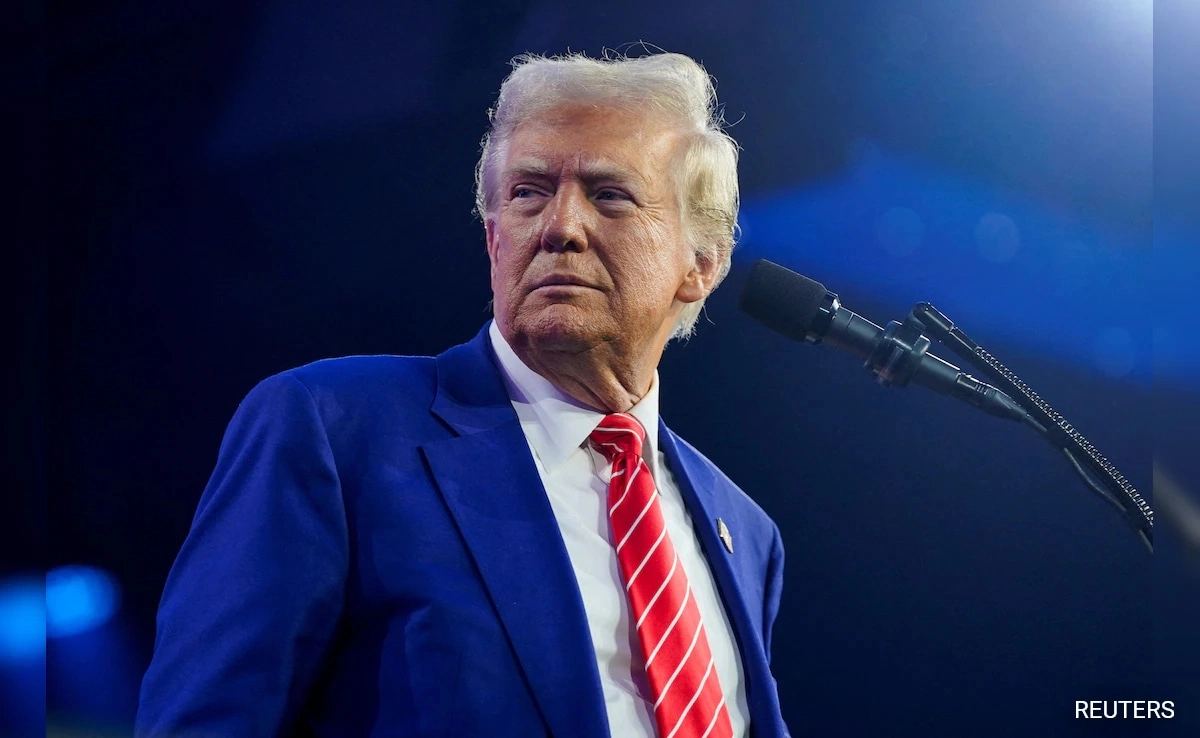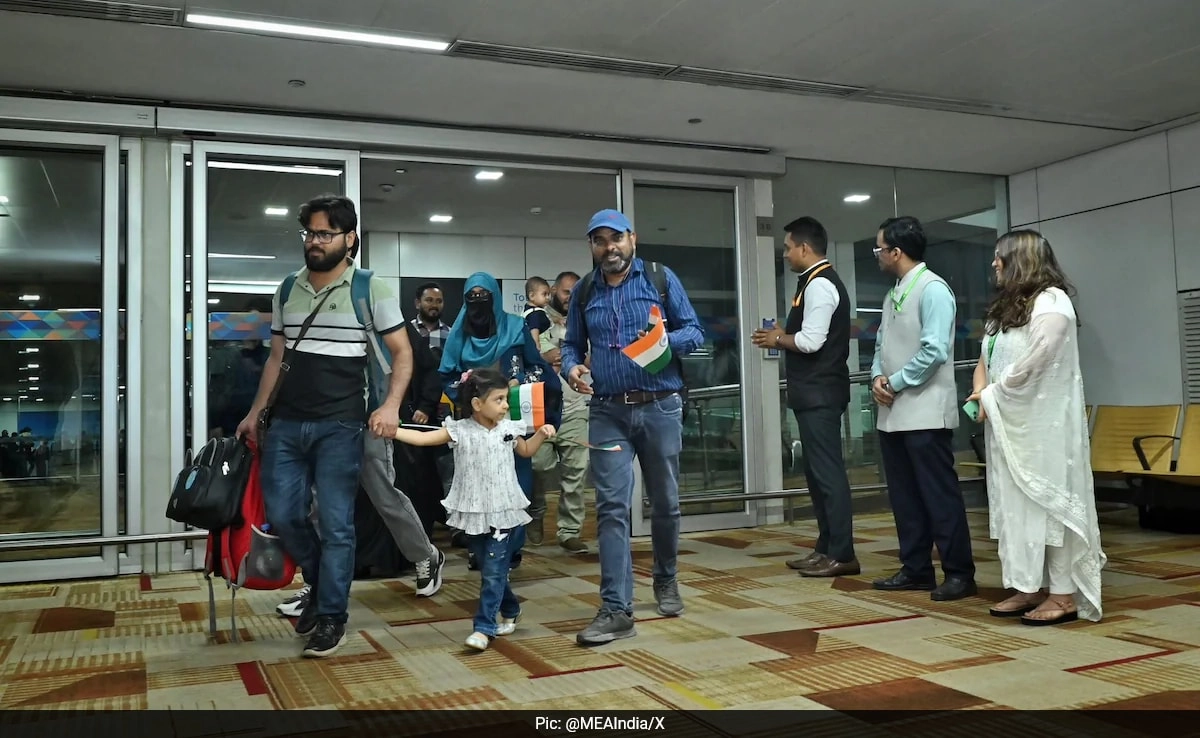A prominent professor from Ashoka University has recently been arrested for making controversial remarks regarding Operation Sindoor, a government initiative aimed at addressing issues related to national security and public safety. The operation, which has garnered significant attention and support, is designed to enhance coordination among various law enforcement agencies and bolster efforts to combat crime and terrorism. However, the professor’s comments, which were perceived as critical of the operation, ignited a storm of controversy and sparked a broader debate about academic freedom and the role of intellectual discourse in society.
The arrest has raised serious concerns among students, faculty, and civil rights advocates, who argue that such actions could stifle academic inquiry and restrict free expression. Critics of the arrest contend that universities should be bastions of free thought, where scholars can engage in open discussions about government policies and societal issues without fear of retribution. They assert that the ability to critique governmental actions is a fundamental aspect of democracy, and the professor’s remarks should be viewed as part of a healthy academic dialogue rather than a criminal offense.
In the wake of the arrest, there has been a significant outpouring of support for the professor, with various academic institutions and organizations condemning the action as an infringement on free speech. Many are calling for the immediate release of the professor and advocating for the protection of academic freedom in India. The incident has sparked discussions on social media platforms, with hashtags related to the case trending as people express their opinions on the importance of protecting dissenting voices in educational settings.
Furthermore, this situation highlights the ongoing tensions between academic institutions and government authorities, particularly regarding issues of national security. As the debate continues, it raises essential questions about the balance between safeguarding public safety and preserving the integrity of intellectual freedom. The outcome of this case may have far-reaching implications for the academic community and could set a precedent for how dissent is treated in the context of national policy discussions. As the legal proceedings unfold, many will be watching closely to see how this situation develops and what it means for the future of academic expression in India.




